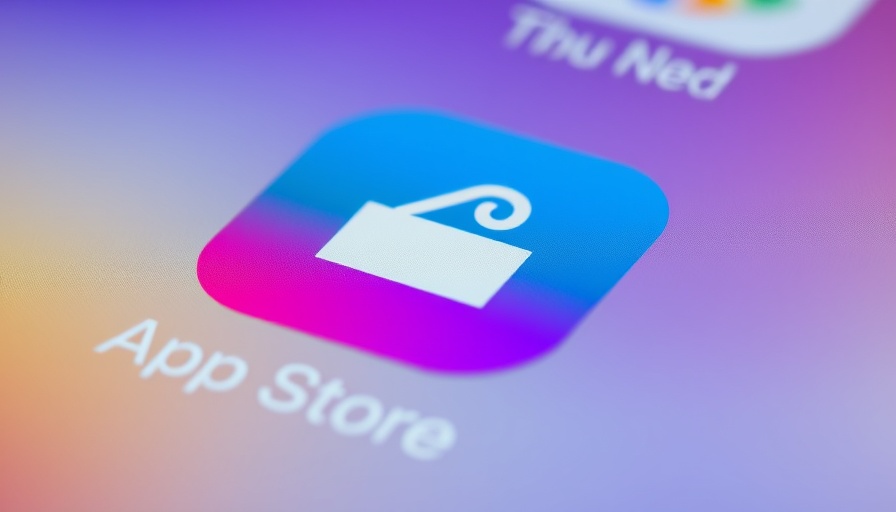
Apple Innovates Discoverability with AI-Powered App Tags
At the recent Worldwide Developers Conference (WWDC 25), Apple announced a groundbreaking shift in how apps are discovered on the App Store through the introduction of AI-generated app tags. As tech enthusiasts and developers eagerly followed the session updates, it became clear that Apple aims to enhance user experience and expand app discoverability through innovative use of artificial intelligence.
Unlocking Features: How App Store Tags Work
The newly introduced App Store Tags will serve as labels that characterize apps based on their functionalities and unique features. By harnessing the power of large language models, these tags will initially draw information from the app’s metadata, descriptions, and even screenshots. Following the generation of these tags, a rigorous human review process ensures that the app tags are accurate and representative. This dual approach of AI and human oversight aims to optimize the trustworthiness of tags that consumers rely on during their searches.
Enhancing User Experience: A Seamless Search Journey
One of the standout features of the new tagging system is its potential to transform how users navigate the App Store. Previously, finding an app that meets specific needs could prove challenging due to the overwhelming amount of information in listings. With the introduction of tags, users can now search for apps featuring particular functionalities, improving their ability to find exactly what they need.
Once a user taps on a specific tag, they will be redirected to a dedicated page displaying a curated collection of apps that share similar features. This streamlined process reflects a significant shift towards user-centered design, maximizing efficiency in app discovery.
A Win-Win for Developers and Users
According to Apple, developers will not only benefit from improved discoverability but will also gain insights into how their apps are being found. The App Store Connect platform will facilitate developers in managing tags, giving them the option to deselect any tags they feel do not align with their app. This critical oversight empowers developers by allowing them to maintain control over their app's representation while still leveraging the AI technology Apple provides.
Embracing AI: A Step Towards the Future
What does the use of AI in app tagging mean for the future of app distribution? This step signifies a broader trend in the tech industry where AI is becoming an integral part of enhancing user experience. As the integration of AI continues to evolve, it will not only create smoother interactions for users but will also help developers focus on creating quality applications instead of worrying about visibility metrics.
The Bigger Picture: Addressing Current Trends and Technologies
Moreover, Apple's AI innovation is reflective of broader technological trends seen across the industry. Companies are increasingly employing AI technologies to streamline processes, enhance user experience, and improve product offerings. As consumers become more reliant on convenience and specificity, similar innovations from competitors are likely to emerge, prompting a renaissance of creative methods to capture user attention.
Conclusion: The Road Ahead for App Discoverability
The introduction of AI-powered tags on the App Store signals a pivotal moment in the app distribution landscape. With significant emphasis placed on improving user experience through advanced search functionalities, it is anticipated that this innovation will reshape how consumers discover and engage with apps. As we witness such advancements, it will be essential to monitor how both users and developers adapt to these changes in the evolving app ecosystem.
 Add Row
Add Row  Add
Add 



Write A Comment